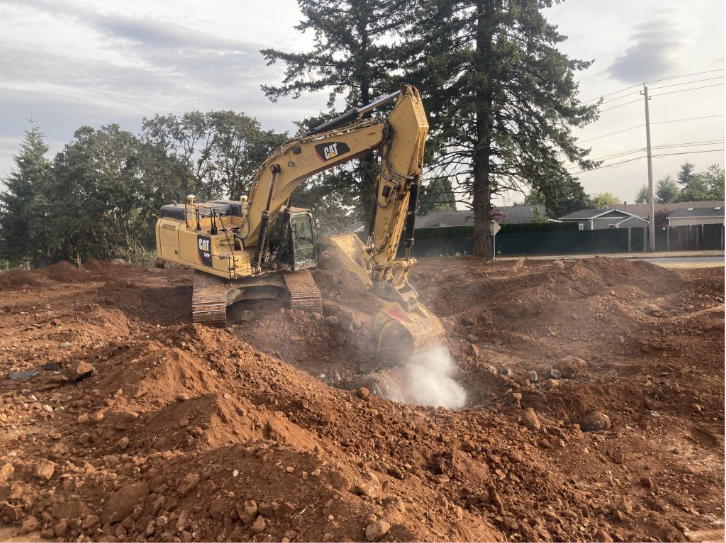Soil testing is a fundamental aspect of numerous disciplines, from agriculture and environmental science to civil engineering and geology. Whether you’re a student conducting experiments or a researcher investigating soil properties, having reliable testing equipment is essential. This guide aims to assist educational institutions and research facilities in making informed decisions when procuring soil testing equipment.
Types of Soil Testing Equipment:
-
- Mechanical Soil Compactors: These compactors are used to determine the maximum dry density and optimum moisture content of soil samples. They simulate compaction conditions in the field and are invaluable for construction projects and pavement design studies.
- Sieves and Sieve Shakers: Sieves are employed to separate soil particles based on size, allowing for particle size analysis. Sieve shakers automate the process, ensuring consistency and accuracy in results. They are indispensable tools for soil classification and grading studies.
- Proctor Compaction Molds: Proctor compaction molds are utilized to compact soil samples at standardized moisture contents and densities. They are commonly used in geotechnical engineering and soil mechanics to assess soil compaction characteristics.
- Liquid Limit and Plastic Limit Devices:
- These devices measure the moisture content at which soil transitions from plastic to liquid states. They are essential for determining the plasticity index of soils, aiding in soil classification and assessment of engineering properties.
- Permeability Testing Apparatus: Permeability testing apparatus evaluates the rate at which water flows through soil samples under controlled conditions. It is crucial for studying soil drainage characteristics and assessing the suitability of soils for various applications.
Considerations for Selection:
- Accuracy and Precision: Ensure that the equipment meets industry standards for accuracy and precision to obtain reliable test results.
- Ease of Use: Opt for user-friendly equipment with intuitive controls and clear instructions to streamline testing procedures and minimize errors.
- Durability and Reliability: Invest in robust equipment constructed from high-quality materials to withstand rigorous usage and ensure long-term performance.
- Compatibility: Choose equipment that is compatible with relevant testing methods and standards to facilitate seamless integration into existing protocols.
- Technical Support and Training: Select suppliers that offer comprehensive technical support and training resources to assist with equipment setup, operation, and maintenance.
FAQs (Frequently Asked Questions):
What is the importance of soil testing in educational and research settings?
- Soil testing provides valuable insights into soil properties, aiding in agricultural practices, environmental assessments, and infrastructure development projects.
How can I ensure the accuracy of soil test results?
- Use calibrated equipment, follow standardized testing procedures, and conduct regular quality control checks to maintain accuracy and reliability.
Is it necessary to invest in specialized soil testing equipment for educational purposes?
- While basic equipment may suffice for introductory courses, specialized equipment enhances learning outcomes and prepares students for real-world applications.
Conclusion:
Selecting the right soil testing equipment is paramount for educational and research endeavors, ensuring precise data collection and analysis. By considering factors such as accuracy, ease of use, and compatibility, institutions can make informed decisions that support their academic and scientific objectives. At Certified Material Testing Products, we understand the importance of reliable equipment in soil testing applications. Our extensive range of high-quality products, coupled with exceptional customer service and technical support, makes us the ideal partner for your soil testing needs.

